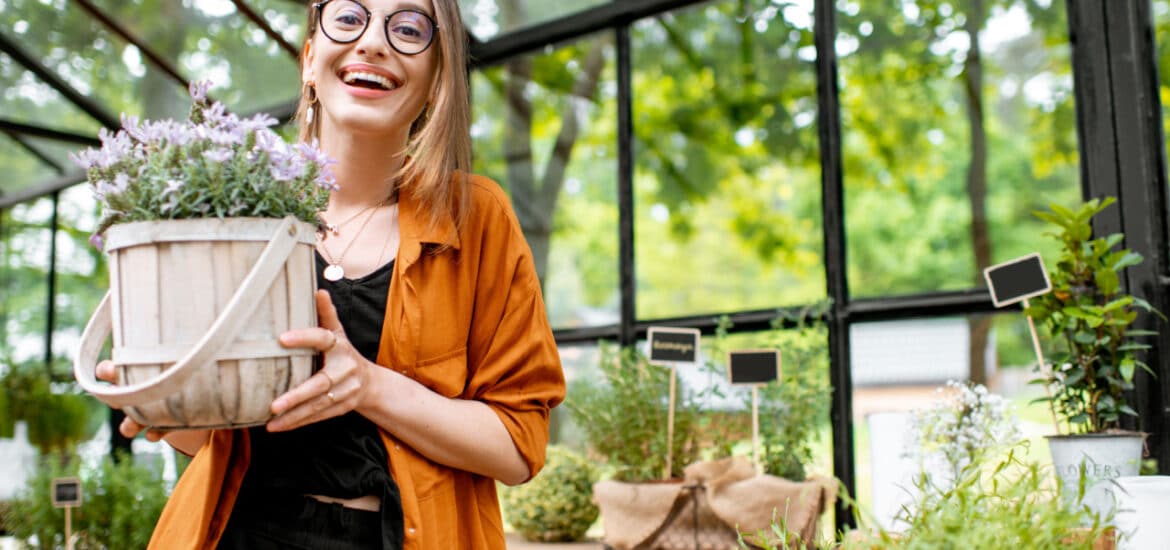Shaping our garden and growing our flowers, shrubs, fruits, and vegetables can provide a massive feeling of satisfaction. Gardening can also help with our physical and mental health, so there are many reasons to get out into your own space and start working.
Gardening doesn’t have to be costly: When we head to our local centers, the cost of some products can be alarming, but there are many frugal ways in which we can all work to a budget.
1. Make Your Own Compost

Home composting is a great way to cut costs, and it’s helpful for the environment. All those loose peelings, egg shells, tea bags, and more can be collected and composted for future use. Purpose-built compost bins are not expensive, and many local authorities will supply them. It may take a year or two for the compost to be usable, but the wait is worth it.
2. DIY Dry Fertilizers
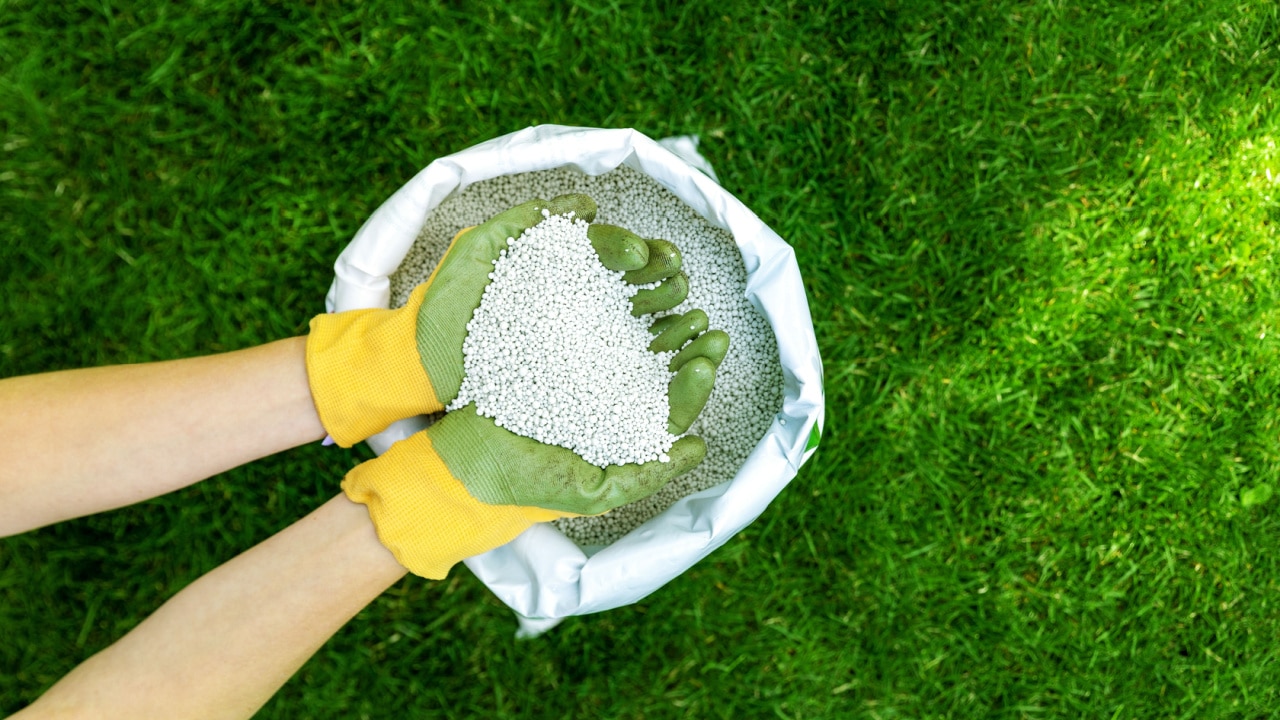
If you have an old-fashioned fireplace, the ash it leaves behind is a superb fertilizer. Similarly, crushed egg shells and banana peel can also be a great job. Be careful with foodstuffs, however. It’s best used in small quantities so as not to attract unwanted critters.
3. Learn to Mulch
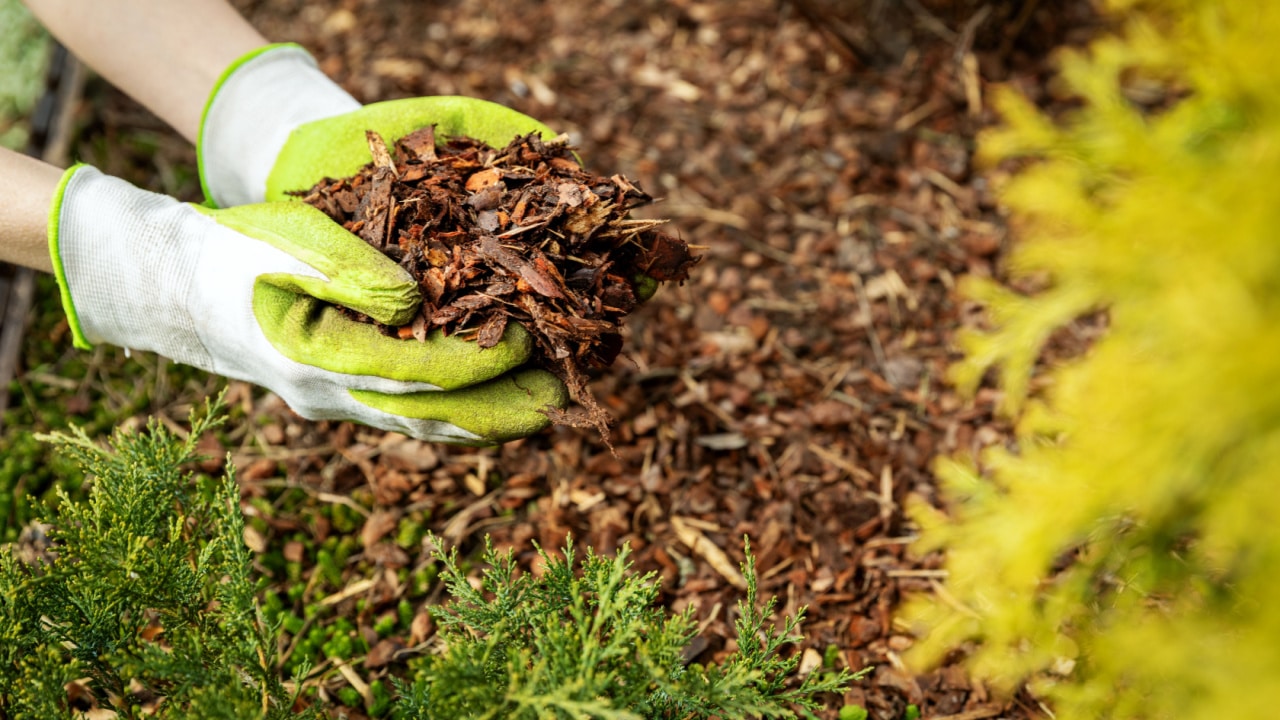
Mulch is a thick layer of organic material that can help protect soil from frost while retaining moisture. Mulch can be made from many items, and a tree’s fallen leaves are perfect. Leaves of other plants, such as squash, can also be ideal for mulch.
4. Grow From Seeds
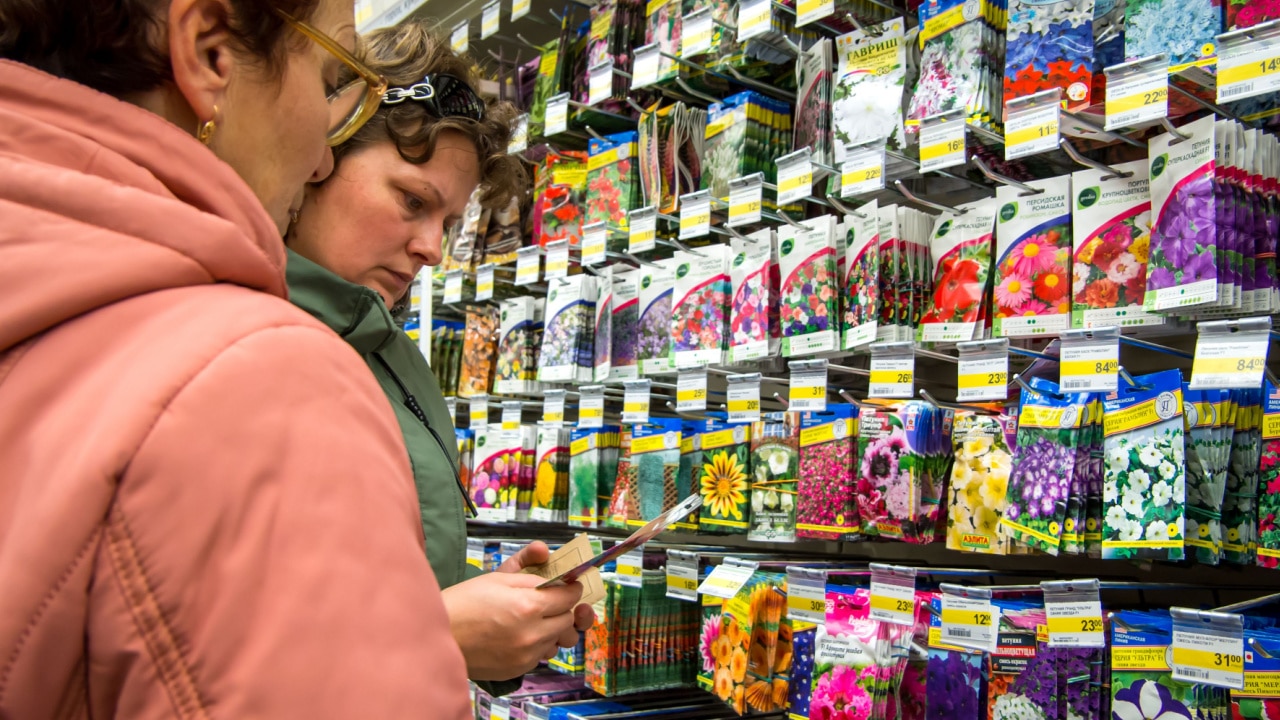
If you’re growing fruit or vegetables, it’s tempting to save time by buying already advanced plants. However, it’s much cheaper to buy a packet of seeds. All you need is more patience and to be aware of exactly when planting and germination occur.
5. Collect Your Own Seeds
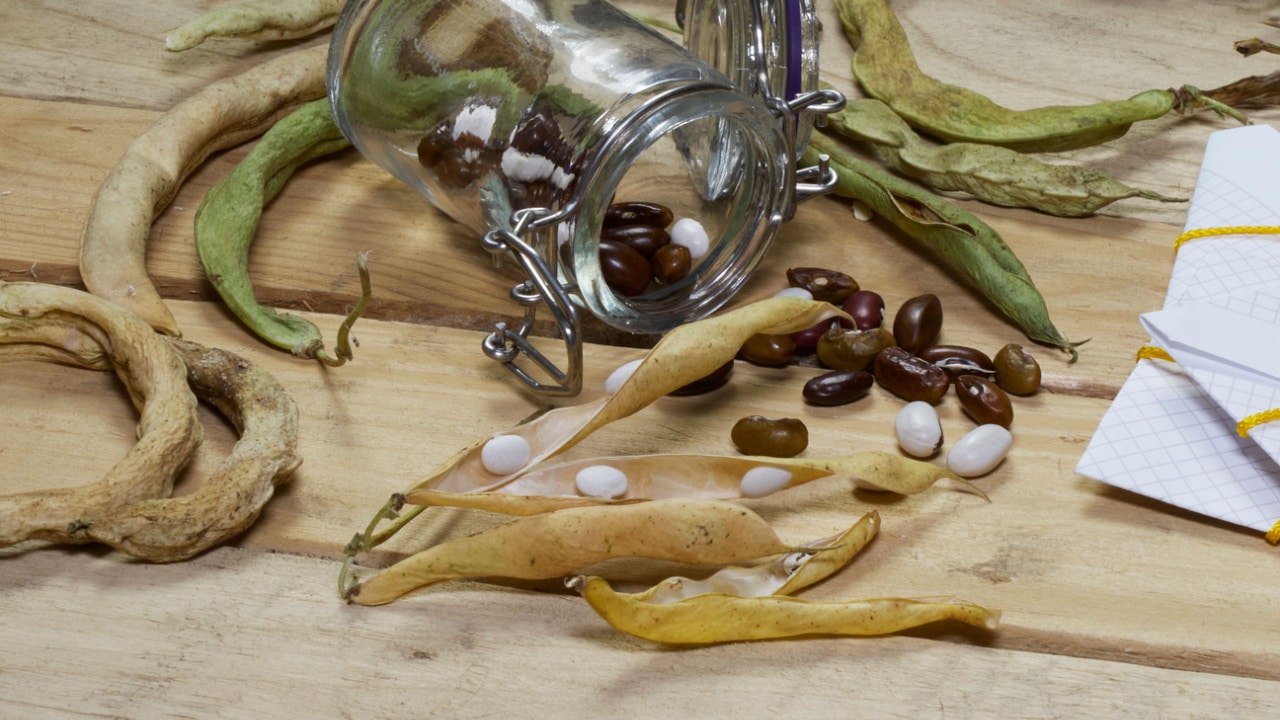
For an even cheaper solution, why not collect your seeds? If you’re chopping up a tomato for lunch, save some seeds from the fruit, dry them, and put them aside. It’s a fiddly process, but it can lead to a significant sense of pride and satisfaction when those seeds grow and produce their own fruit.
6. Buy Discounted Plants
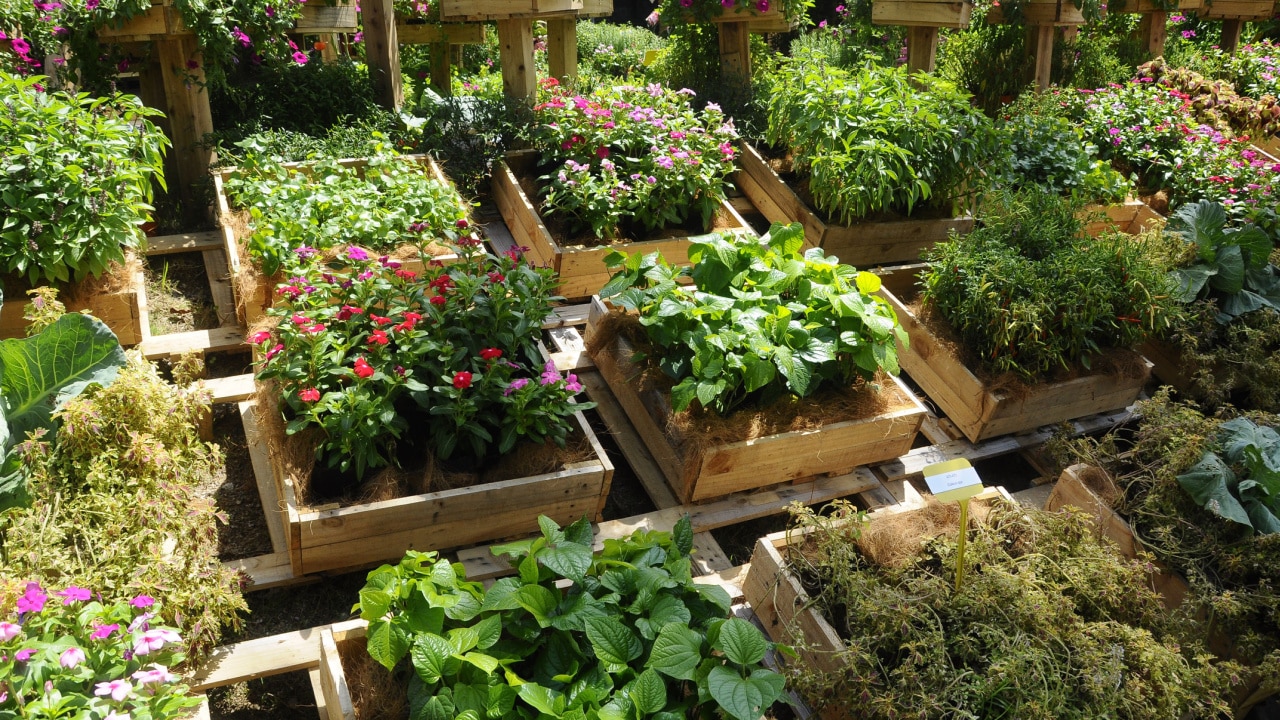
Garden centers and other major retailers will often discount a selection of their products. There is nothing wrong with the plants — they need to go into the ground almost immediately. If you’re ready to act, you can save significantly here.
7. Embrace Plastic
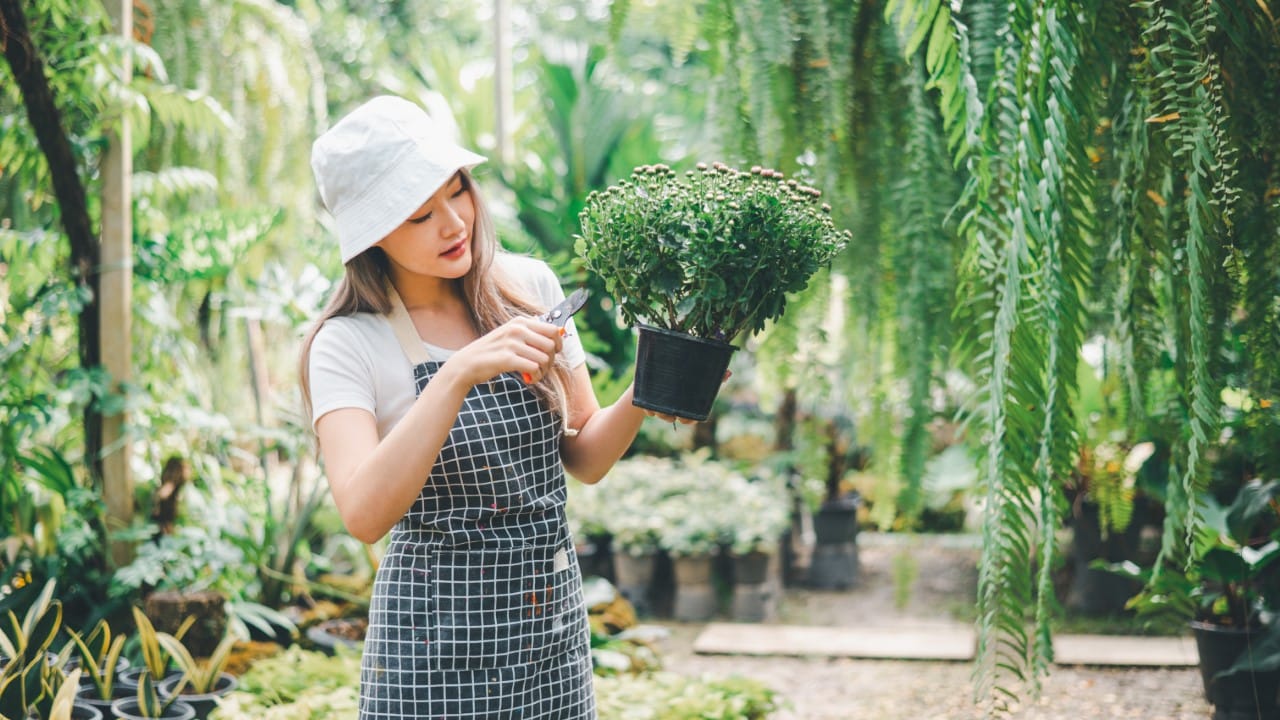
Plastic plant pots are much cheaper than ceramic ones and do the same job. They are also more portable, and that’s a major bonus for those gardeners whose backs are aching after a long day. I’ve even used plastic buckets to grow plants, but you must ensure that there are holes at the bottom for adequate drainage.
8. Thrifty Propagators

Moving on, your seedlings need to be planted in a propagator before they go into the ground. Buying these at a garden center can be costly, but it’s easy to make your own. Egg cartons are a popular and ideal alternative, and some thrifty gardeners even use toilet roll tubes and degradable coffee pods.
9. Grow Perennials
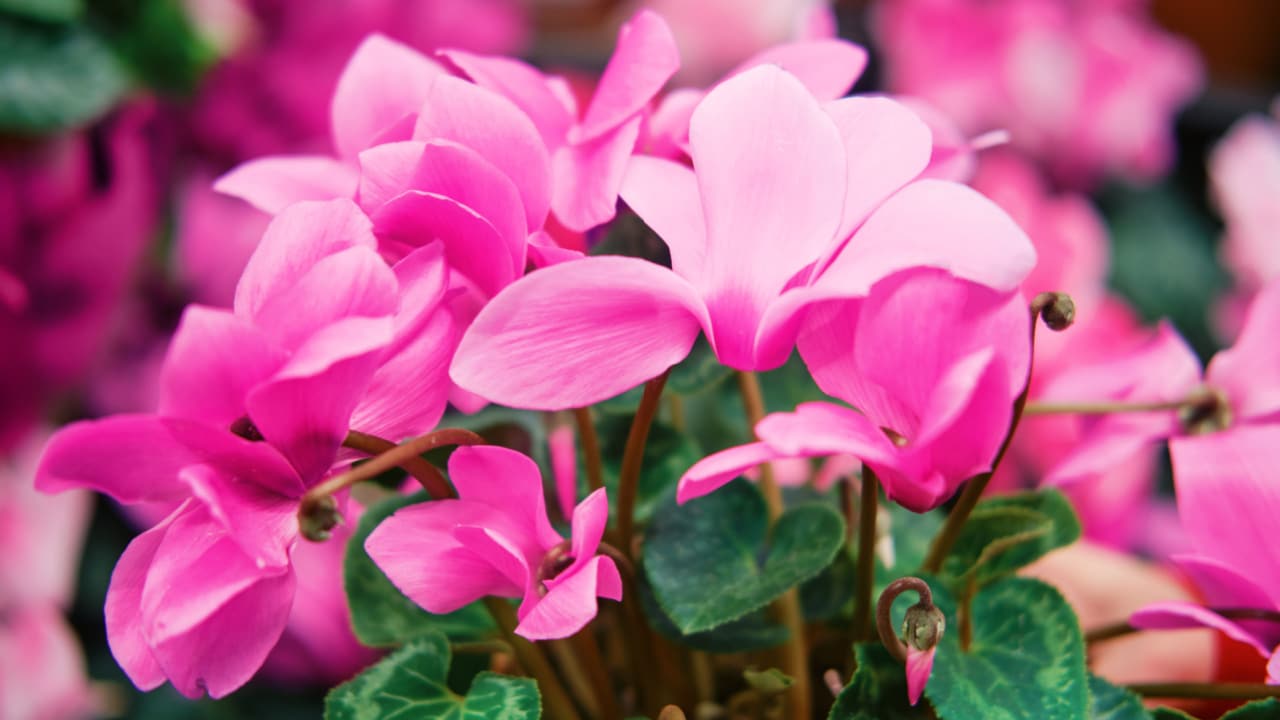
A perennial is a plant that flowers for two years or more, so there is a noticeable saving on those with a shorter shelf life. At an experienced gardening level, dividing plants every year to increase the yield moving forward is possible.
10. Recycle Rainwater
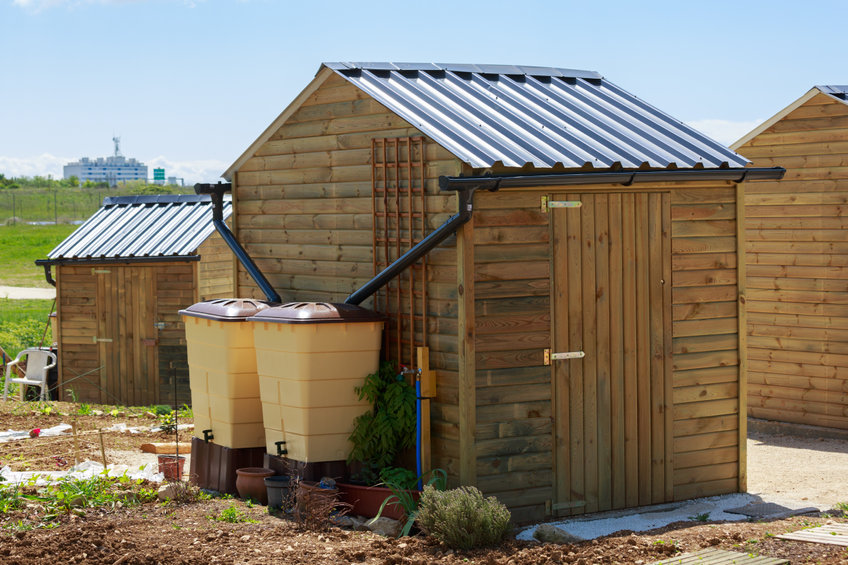
In the country’s hot, dry areas, a lot of water is needed to keep your garden in shape. Rain barrels can be used to store rainwater during wetter periods to recycle it at a later date. The barrels are inexpensive and, over time, will save money. Many flowers and plants also respond better to rainwater.
11. Cheap Pest Deterrents
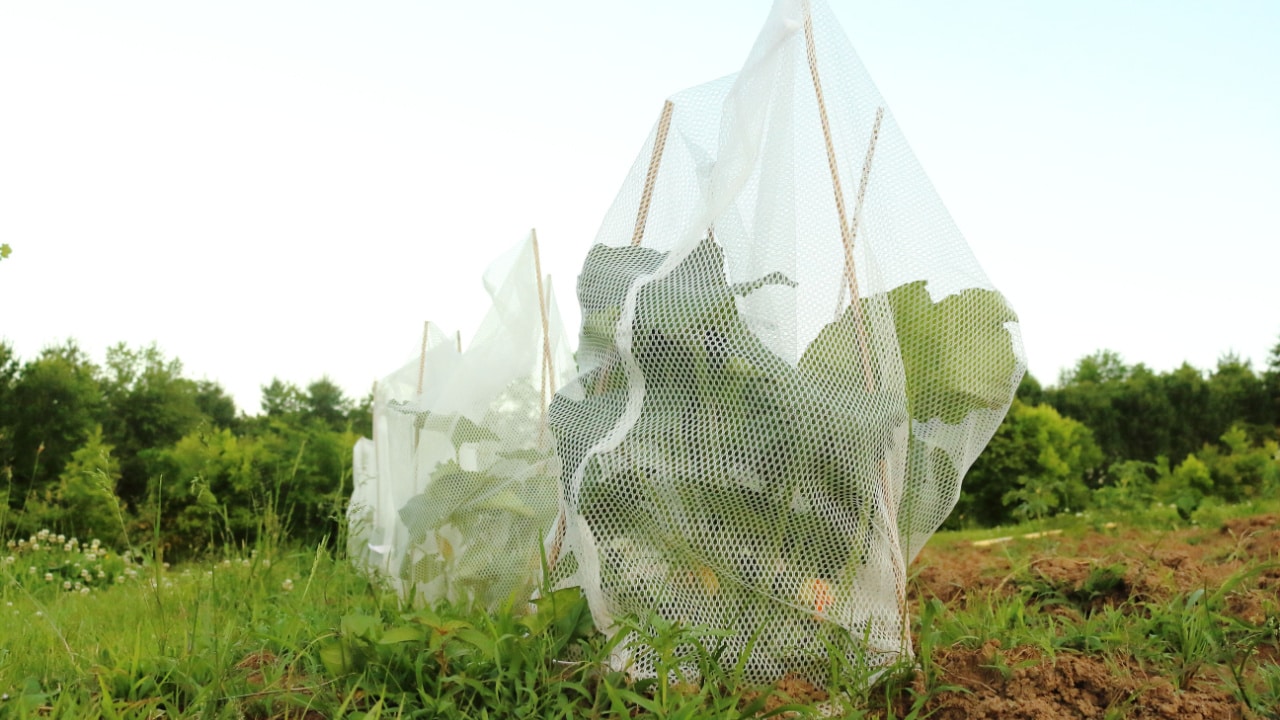
Keeping unwanted pests away from your plants can be costly if you buy the big brands. There are several alternatives, such as tin foil, to scare away birds. Glass can deter slugs, while basic crop rotation can confuse pests returning to their old hunting grounds.
12. Take Cuttings
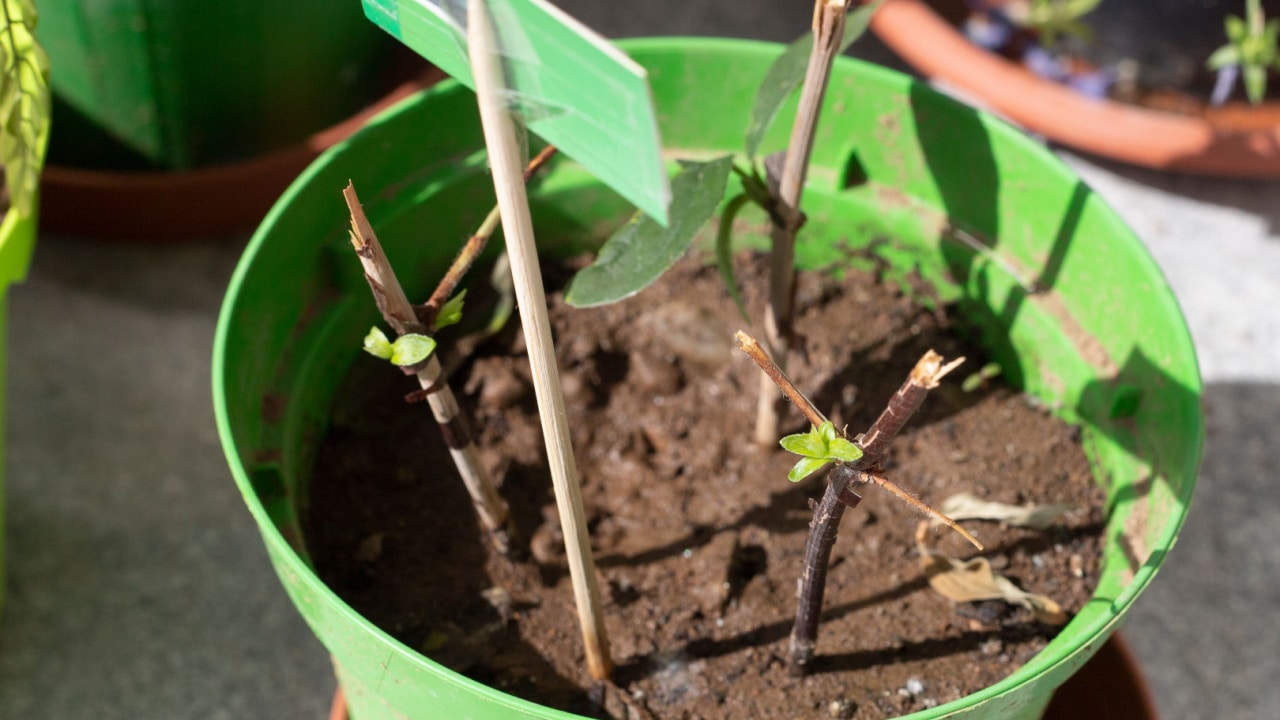
You can multiply your plant stocks by taking softwood cuttings and creating a new crop. There is an art to this, so check out those instructions, and remember that you may need to be patient and be prepared for some trial and error. If your friends and family are willing, you could take cuttings from their plants for an added budget buster.
13. Save on Water Features
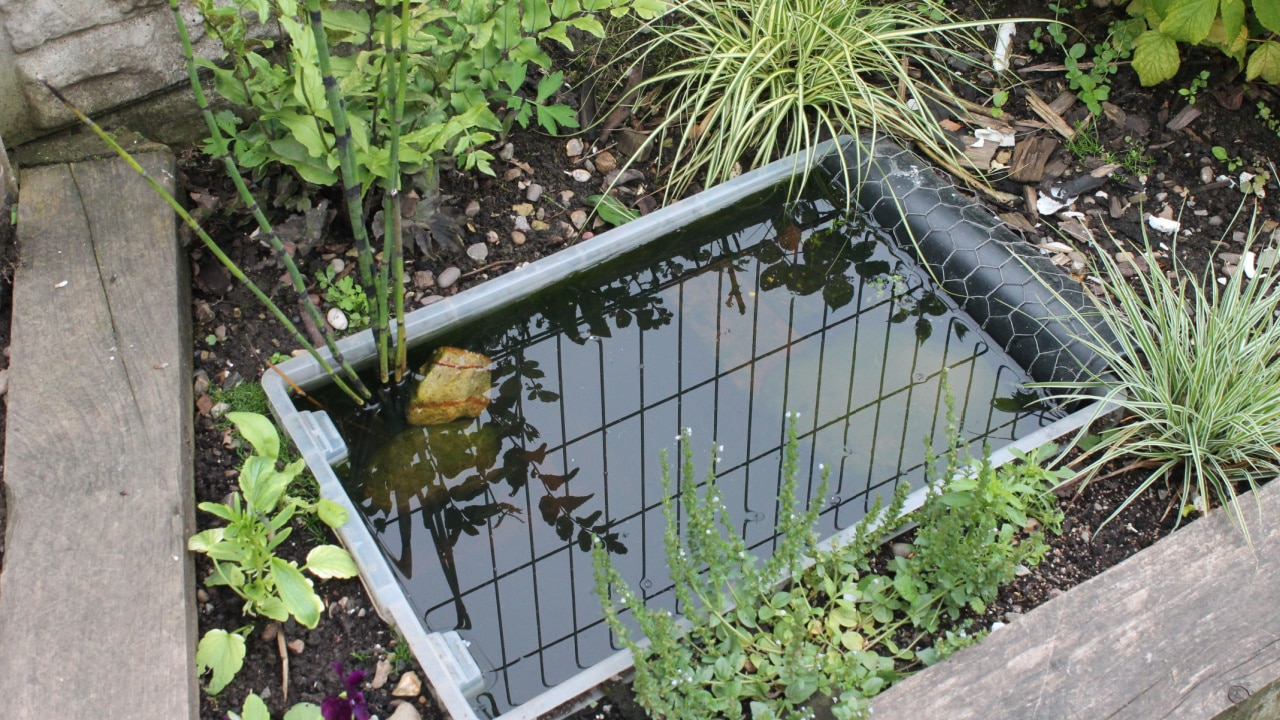
A water feature can add the finishing touch to any garden landscape, but it can be an expensive addition to your area. As a budget-friendly alternative, look out for a large plastic tub, and as long as it’s covered with decorative plants that love a water-based environment, it will still look great. Just make sure that the item you choose is watertight.
14. Use Secondhand Tools
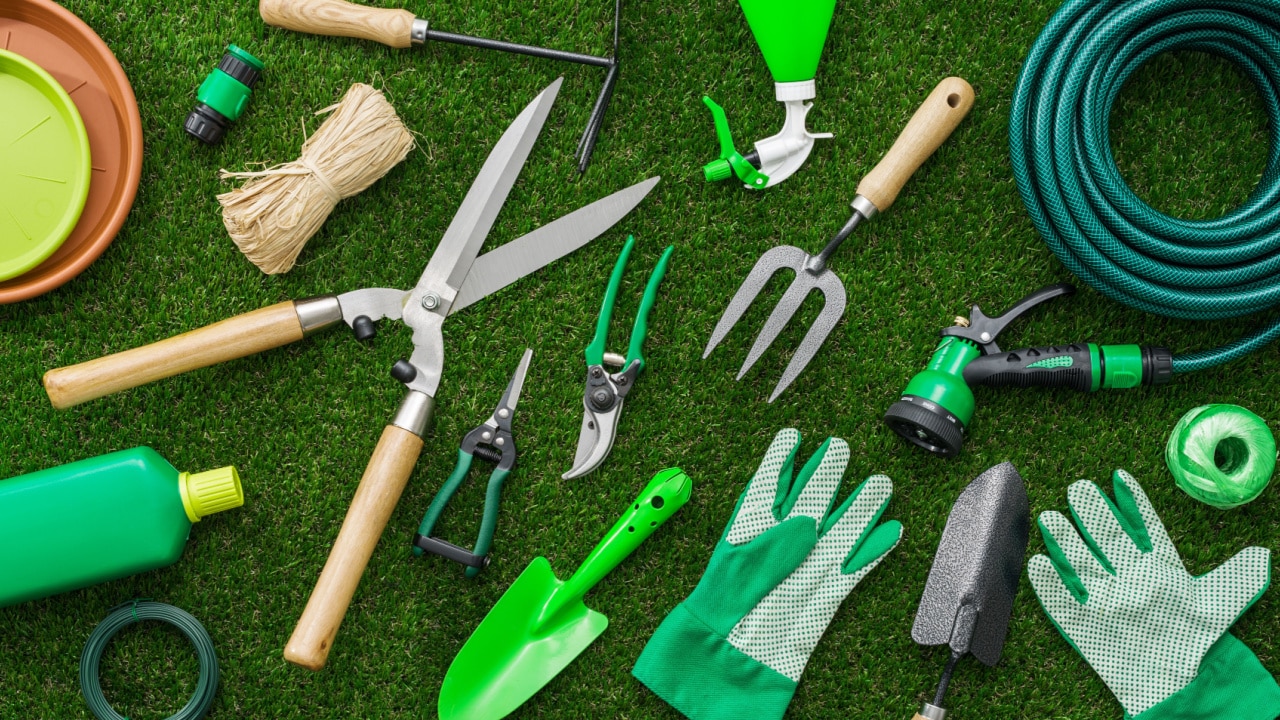
Having purchased all your plants, shrubs, and flowers, you’d better ensure there’s enough left in the budget for garden tools. The cost of forks, spades, rakes, and the rest can be eyewatering when bought new, but there are alternatives. Look for secondhand sites such as Facebook marketplace or your local freecycle pages. Make sure you check the item before you pay, but using secondhand tools can save a bundle.
15. Recycle Old Clothes

There’s no need to buy clothes, especially for gardening, except for a protective and comfortable pair of gloves. A sturdy pair of boots could be a sound investment; otherwise, some old jeans and other items that are on the verge of being thrown out would be perfect.
16. Be Creative with Your Edging
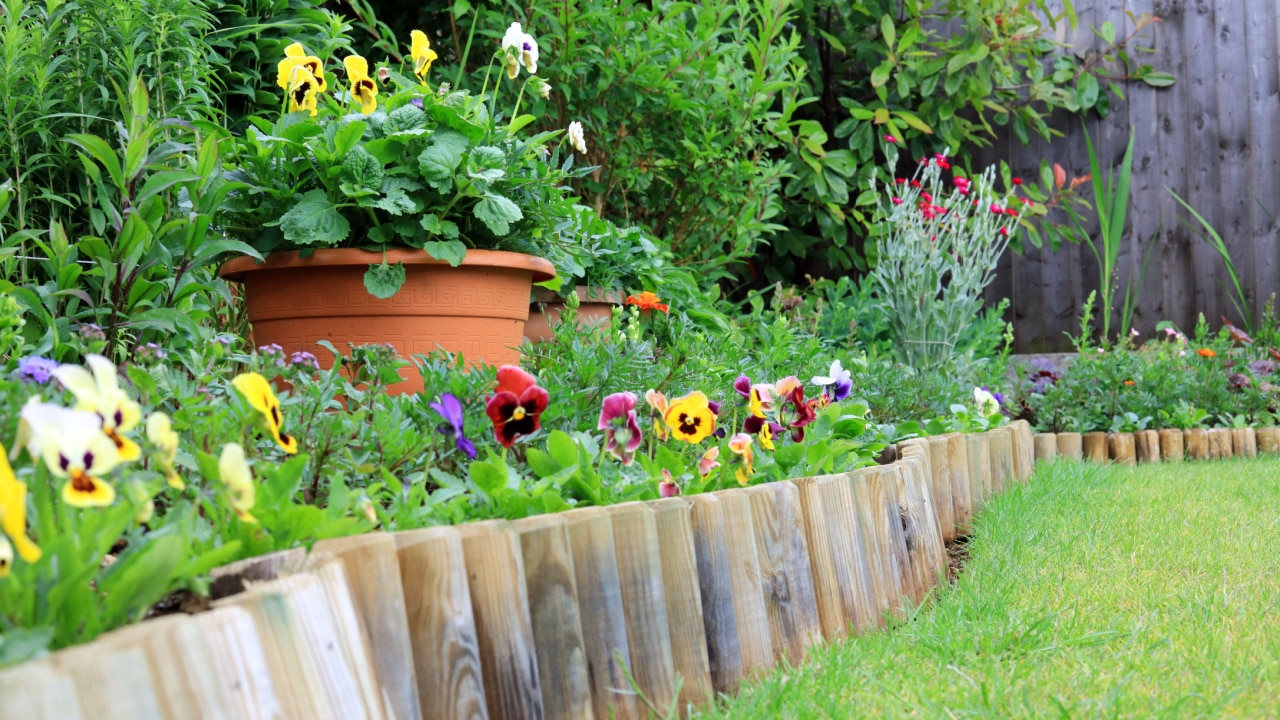
A neat border adds to the look of your garden, and it doesn’t have to be expensive. Old wine corks are especially attractive, and you can source these in bulk without having to drink through your supplies!
17. Study Online

Gardening courses can help you perfect your art, but unless you’re considering this as a career, there is no need to incur any expense. There is plenty of free information online, while many gardening books will frequently turn up at thrift stores.
18. Cheaper Patio Coverings
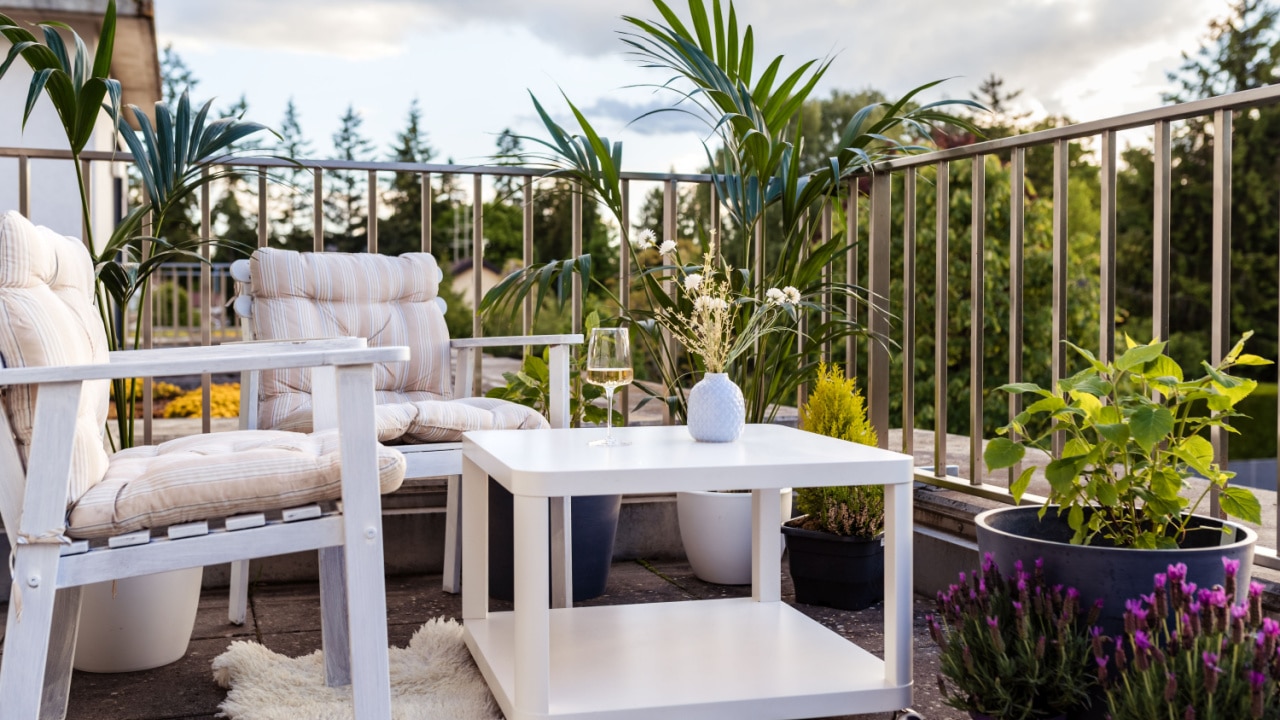
If you have a patio, this can be the most expensive area of the garden to maintain. Patio paving may look nice but can blow a hole in your budget. If you want to cheer up tired areas of your yard, you could consider an outdoor rug. These are especially designed to be weatherproof, and they come in a range of attractive designs.
19. Check Alternative Liquid Fertilizer
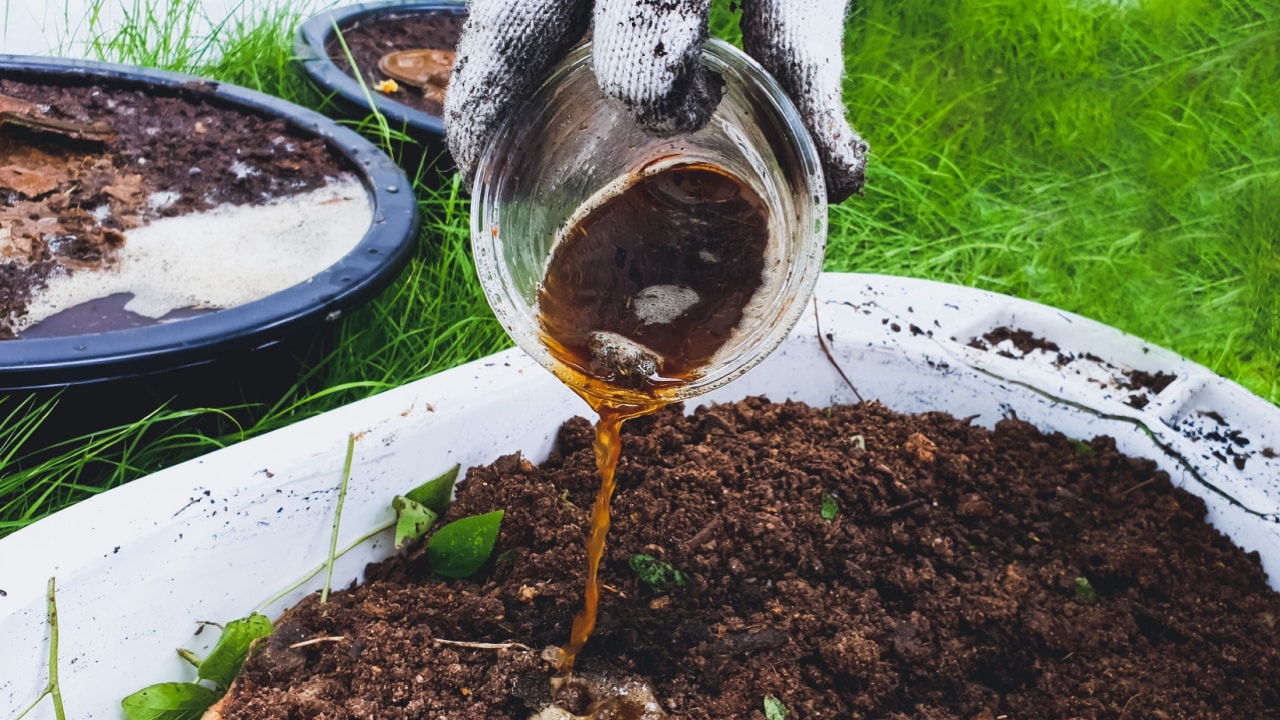
Some plants respond to some odd liquid refreshment. They all love water, of course, but some of the myths about using cola or cold tea for an extra boost have an element of truth. Do some research, and it may save you from purchasing expensive liquid fertilizer brands.
20. Join a Local Community
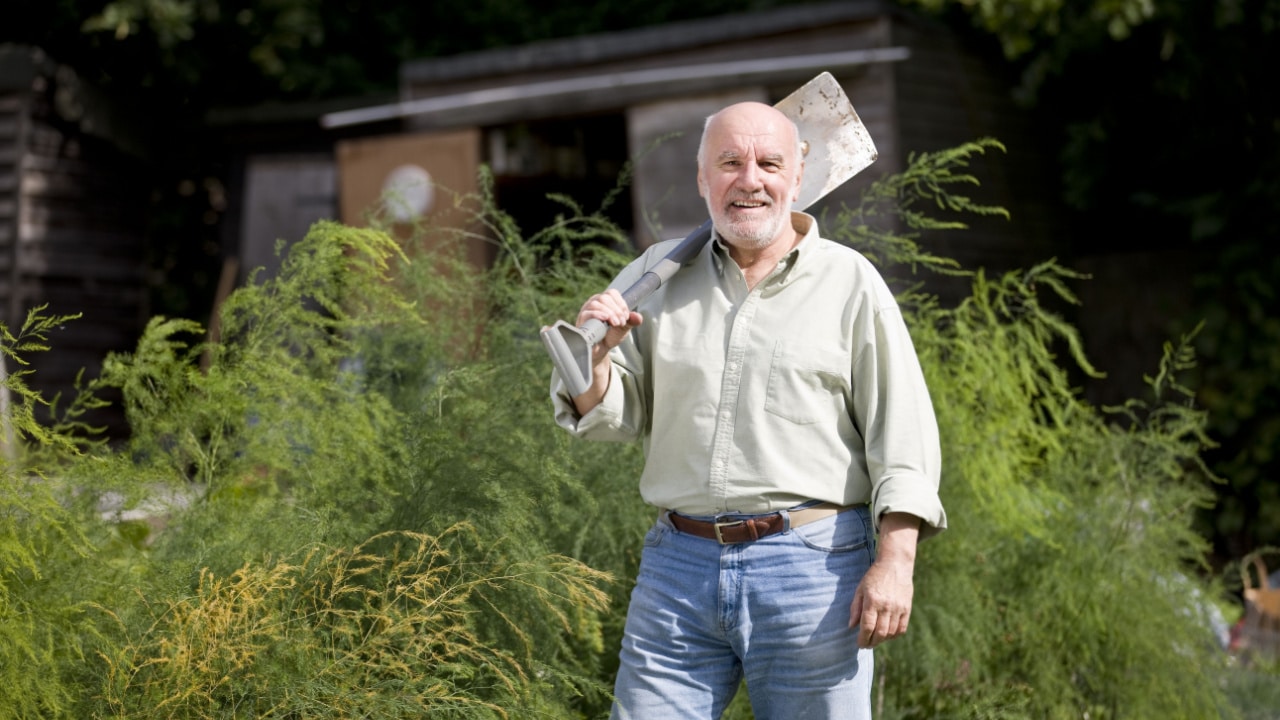
Local garden communities are not just there to brag about their success. Knowledgeable individuals are happy to share tips and advice to help you get things right first. It’s also possible to exchange plants and seeds in many of these communities, and that’s a great way to keep costs down.
21. Use Paint Wisely
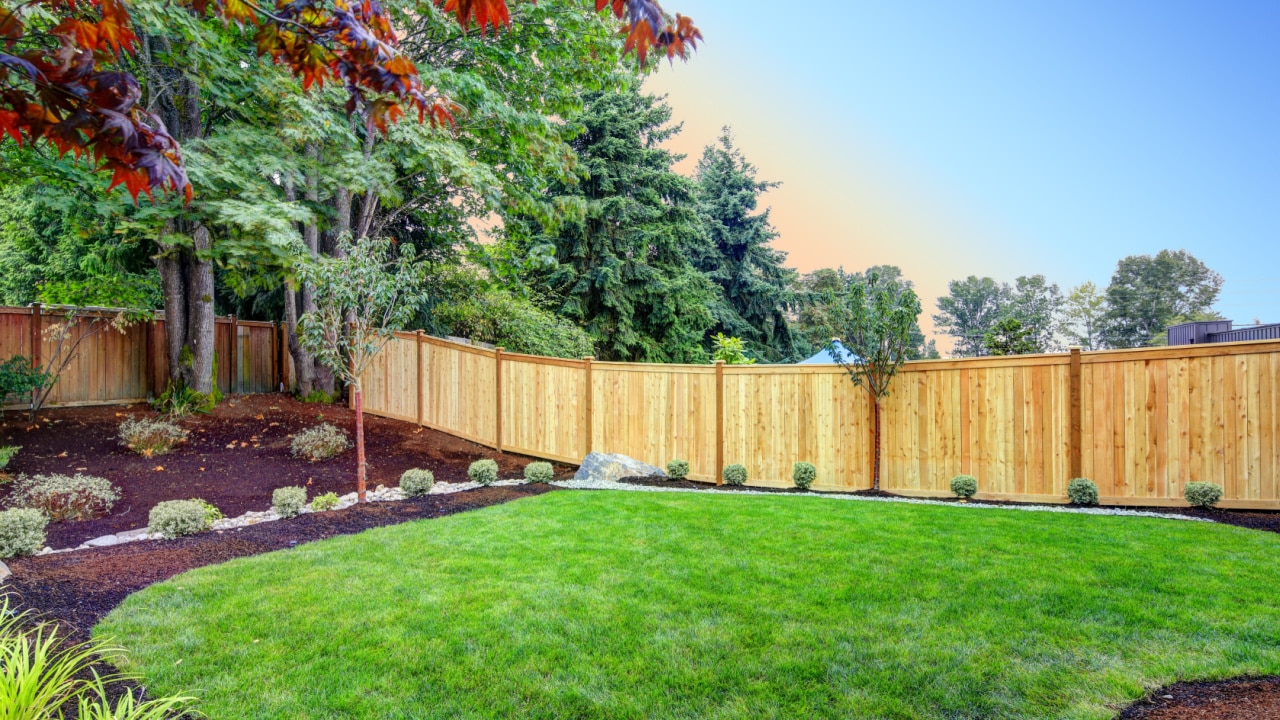
Your garden should be visually stunning and not all about the flowers and grass areas. A coat of paint on fences and any wooden garden furniture is a quick fix to brighten any yard. Paint can be inexpensive, but you must ensure it’s weatherproof and suitable for outdoor areas.
22. Help Your Feathered Friends
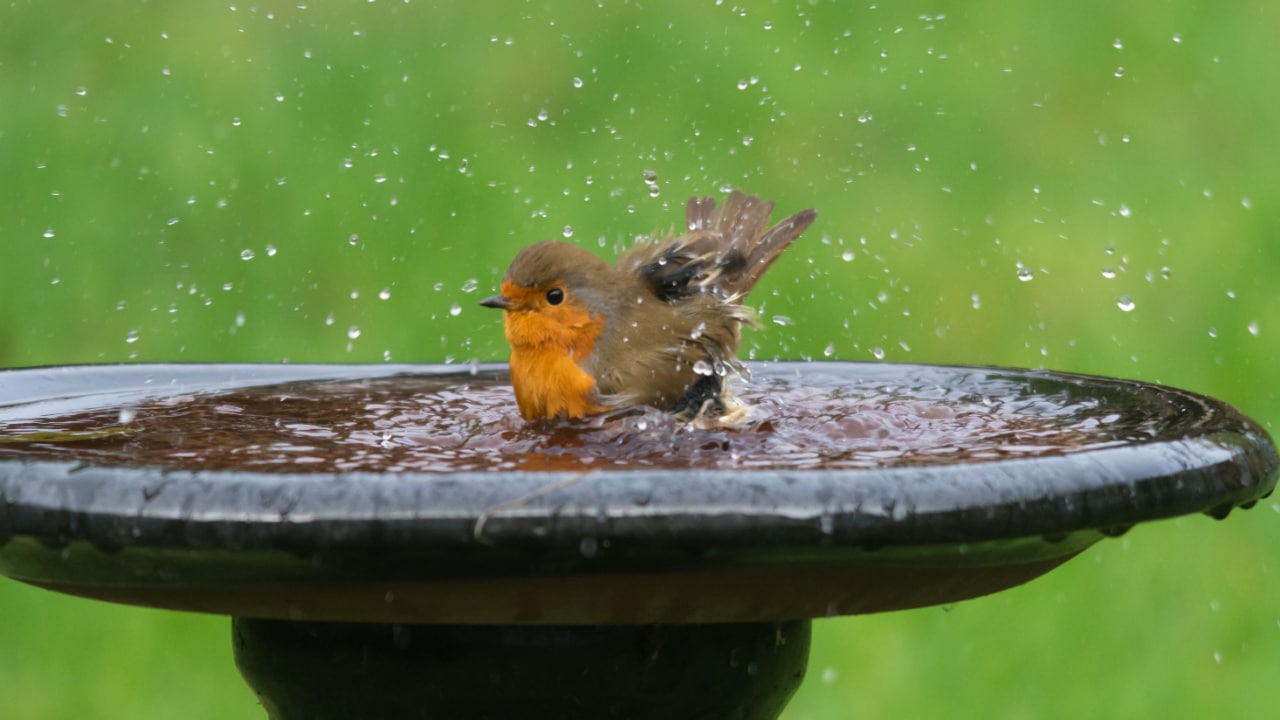
I love to watch the birds in and around my garden, although the presence of my two cats scares off the smaller species. A bird bath is an attractive feature, and it doesn’t need to be expensive. An upturned pot with a terracotta dish on top looks neat, while it collects essential rainwater for our feathered friends.
23. Be Creative with Your Planters

A planter can also be a major expense, but it makes for an attractive feature, so there is a dilemma here. As a cost-effective option, look out for wooden pallets, which can sometimes be sourced for free. A coat of paint will help them to look their best.
24. Get Some Free Help

Many Instagram and YouTube teachers will offer their time to those who need it. Many videos are hypnotic and relaxing. While they may not be internet personalities, it may be worth reaching out to volunteers in your community if you are struggling to keep your yard under control.
